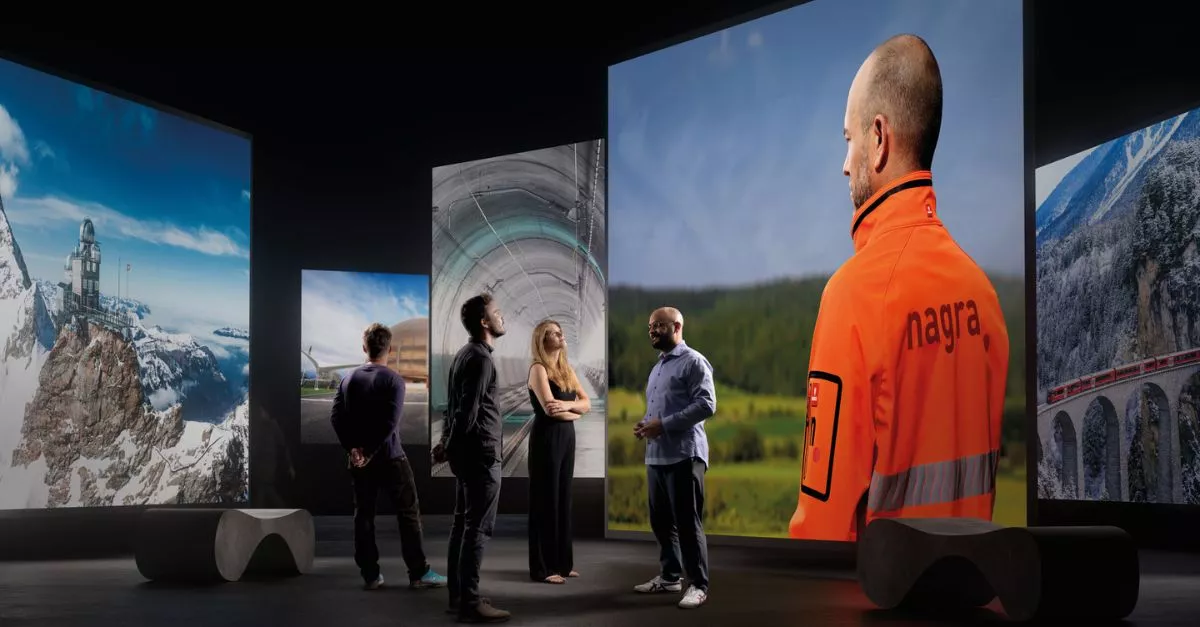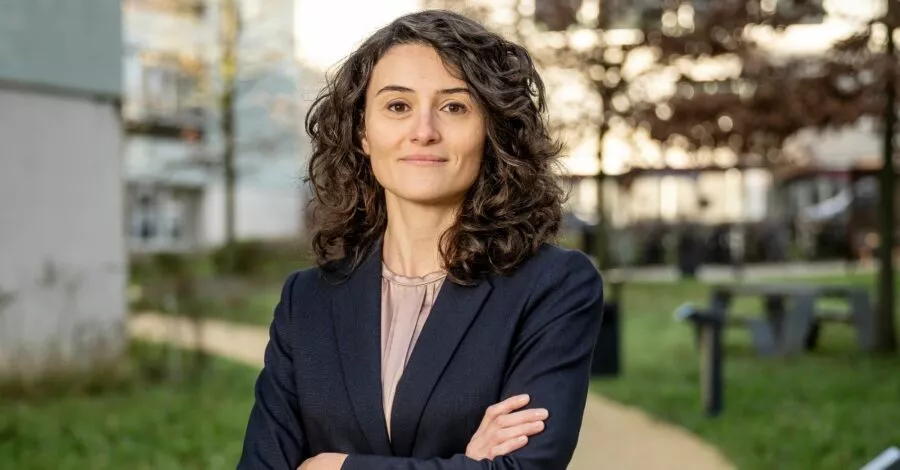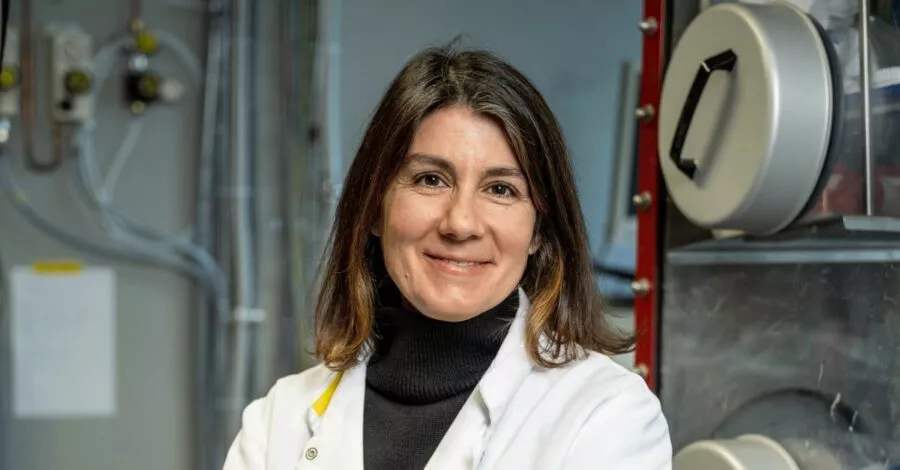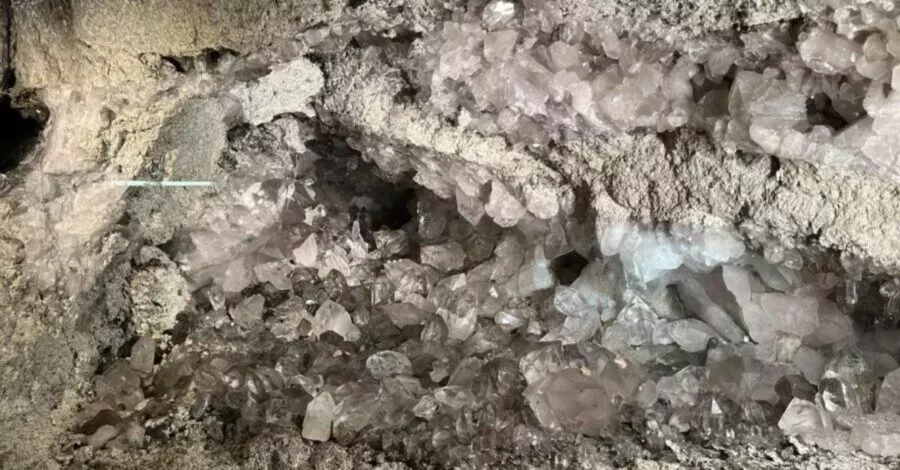
Switzerland is confident that it can solve the radioactive waste problem, both in terms of technical feasibility (71 per cent) and political agreement (61 per cent). These are the findings of a representative survey conducted by the gfs.bern research institute on behalf of Nagra. The survey provides a comprehensive picture both for the whole of Switzerland and the Nördlich Lägern siting region in particular.
Across Switzerland, two thirds (66 per cent) of respondents say they would accept a deep geological repository in their own region. In the Nördlich Lägern siting region, which is actually affected by the siting decision, that figure is 68 per cent.
Solidarity with the region
Sixty per cent of those surveyed believe that the Nördlich Lägern siting region deserves Switzerland’s solidarity. “This shows that the majority of the Swiss population recognises that the region is making an important contribution to solving a national problem,” says Philipp Senn, member of Nagra’s Executive Board and Head of Communication and Public Affairs. The majority of respondents are aware that various scientific and social stakeholders are involved in the deep geological repository project.
At the same time, the topic also harbours potential for conflict: the majority of those surveyed believe that tensions and protests are likely, both at a national and regional level. Of the respondents from the siting region, 17 per cent feel that they are not taken seriously enough and call for more information and transparency. “By opening an office in Stadel today, we are making it easier for people in the region to discuss their concerns with us,” Senn announces. This exchange is important to Nagra: “We want to ensure the debate remains constructive and free from tension,” adds Senn.
Overall, health and safety are secondary concerns. A minority of respondents rated health risks for current or future generations, the release of radioactivity or environmental contamination as likely. Significantly fewer respondents from the region rated these risks as likely compared to those from the whole of Switzerland.
Increased urgency
In September 2022, Nagra proposed Nördlich Lägern as the site for Switzerland’s deep geological repository. The survey shows that almost three quarters of those interviewed assume that geological conditions and thus safety considerations were fundamental to the siting decision. In addition, there is an increased sense of urgency since the siting proposal was announced: 86 per cent of respondents now want the issue of deep geological disposal of radioactive waste to be resolved as quickly as possible.
The survey also shows that:
- While 17 per cent of respondents feel that they are not being taken seriously by Nagra, 52 per cent, in contrast, feel that their concerns are being satisfactorily addressed.
- The number of people who fear the region will be damaged economically is falling steadily and currently stands at 46 per cent. The number of those who believe that a deep geological repository would benefit a region economically has risen slightly and now stands at 39 per cent.
- A clear majority of respondents expect a positive impact on the region, in particular through increased municipal revenue (84 per cent), new employment opportunities (79 per cent) and stimulus for trade (54 per cent).
Despite the activities in Nördlich Lägern, the survey also shows that one in four people in the siting region are still unaware of the plans for the deep geological repository. It is also clear that young people are generally less concerned with the topic.
Nagra commissioned the gfs.bern research institute to conduct the survey. In autumn 2023, 1,006 people (over the age of 15) from across Switzerland were interviewed for the national survey, and a further 800 people for the regional survey in Nördlich Lägern. The survey provides an important and up-to-date insight into how the population perceives and understands the deep geological repository project.
Nagra meeting point
Nagra has opened its meeting point in Stadel. Drop in and talk to us about the project of the century of deep geological disposal. We are open on Wednesdays and Fridays from 9 a.m. to 5 p.m. and look forward to your visit!



